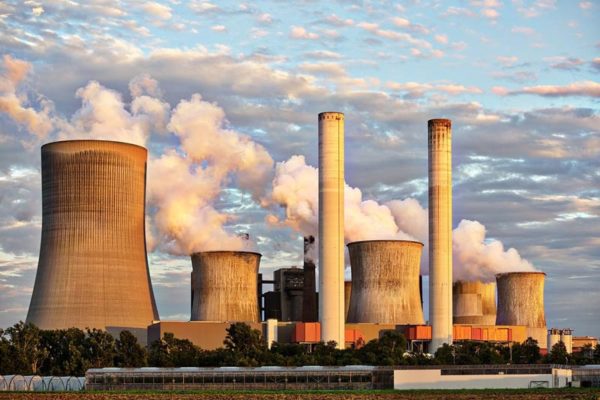To overcome market failure, the government may place laws and regulations which prohibit certain behaviour and actions. Regulations can limit or prevent:
- Demerit goods (alcohol, drugs, smoking)
- Goods with negative externalities (burning of coal)
- Abuse of monopoly power.
- Exploitation of labour.
Examples of laws and regulation
- Legal age for smoking (18)
- Prohibition on certain classes of drugs – cocaine, heroin, cannabis.
- Illegal to drink driving above a certain limit.
- No drinking alcohol in certain city centres.
- Limits on the amount of pollution engines can create. In US Motor Vehicle Air Pollution Control Act, (1965) set standards for the first time about levels of pollution and emissions from cars.
- Banning diesel cars in city centres. For example, Paris has banned diesel cars from 2030.
- Illegal to deal in insider-trading. (When chief executives of companies use information to gain an advantage over markets. For example, selling shares before release of profits warning)
- Collusion and cartels are banned by competition policy.
- Clean air act (1954). After the London smogs of 1952 where many people died from pollution – an act was passed to mandate ‘smoke control areas’ This involved restrictions on coal-burning in cities. A similar Clean Air Act was passed in the US in 1963.
- National Minimum Wage. In 2017, UK legal minimum wage £7.50 for adults over 25. AIm of minimum wage provide higher wages and reduce monopsony exploitation

Advantage of legal restrictions
- Simple and easy to understand.
- When the danger is great it may be better to ban it all together, e.g. heroin.
- When a decision needs to be taken quickly, a tax may be too cumbersome.
- A legal ban sends a clear signal that it is wrong (e.g. drinking alcohol in city centre)
- It is fairer than taxes. For example, people with high incomes may be willing to just pay more to drink and drive, but if it puts other people at risk, it should be disallowed completely.
Disadvantages of legal restrictions
- There is little incentive for a firm to develop more efficient mechanisms.
- It may be socially inefficient to ban everything. e.g. you could ban cars in city centres, this would reduce pollution but could have adverse economic effects on business. The socially efficient level of pollution is not zero. Taxes enable a more efficient outcome.
- Raising the legal age may encourage people to break the law. Legal age restrictions on alcohol and tobacco can be hard to enforce.
- Taxes may be a better way of collecting money for the government to spend on alternatives to simply banning. (e.g. tax on cannabis would enable government to raise funds)
- Prohibition can encourage the underground economy and give more economic power to criminal gangs who trade in drugs. Also, if drugs are illegal, they may be more likely to be poor quality.
Further Reading
- Should the legal driving age be increased to 21?
- Pollution permits – Firms given a legal right to pollute a certain amount
- Legal drinking alcohol age
- Should government legalise and tax cannabis?
